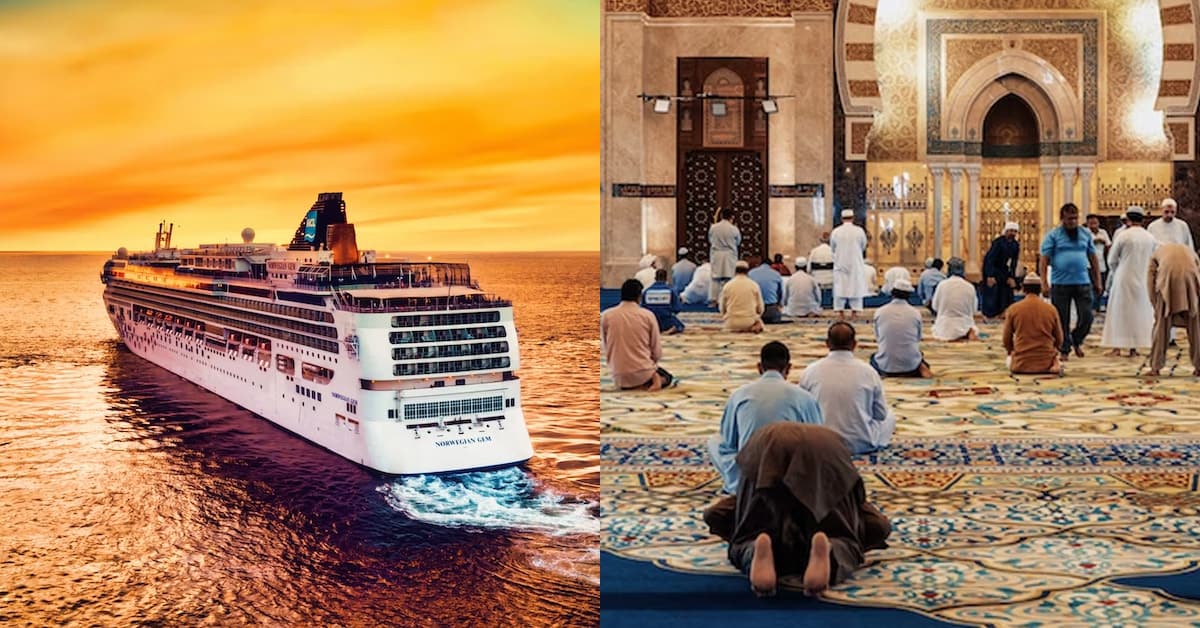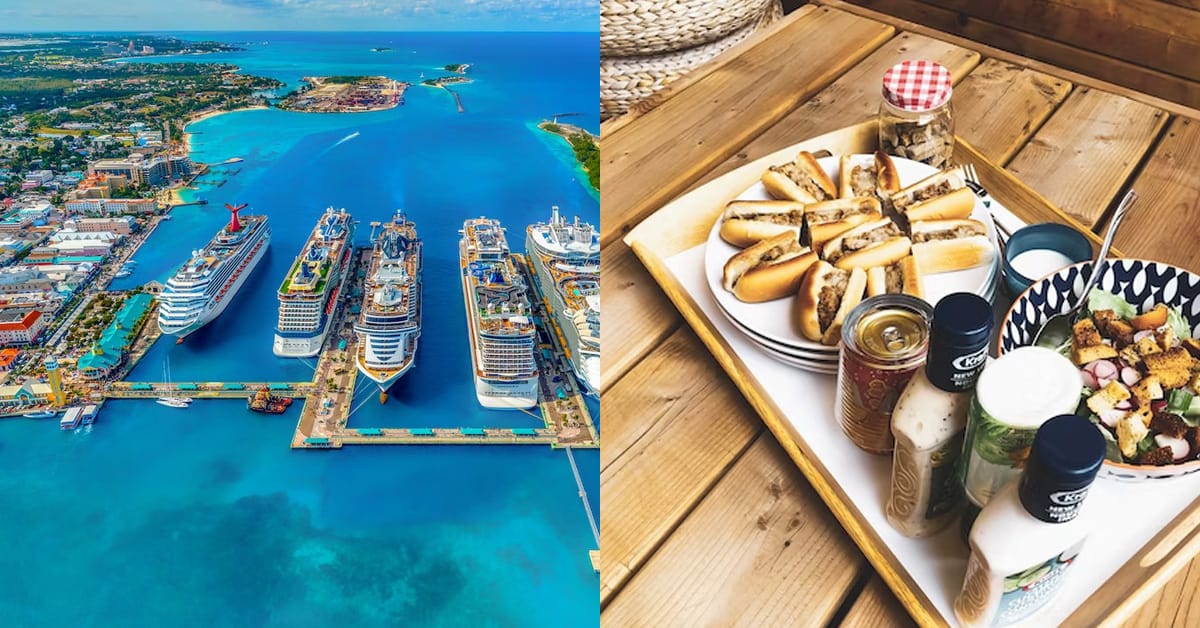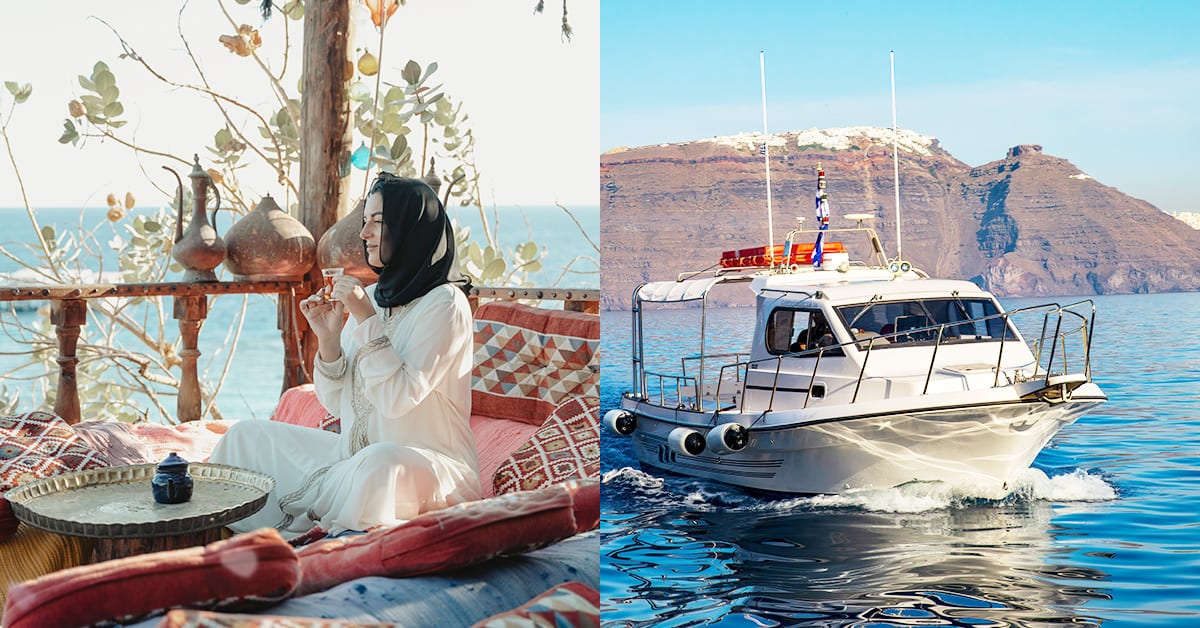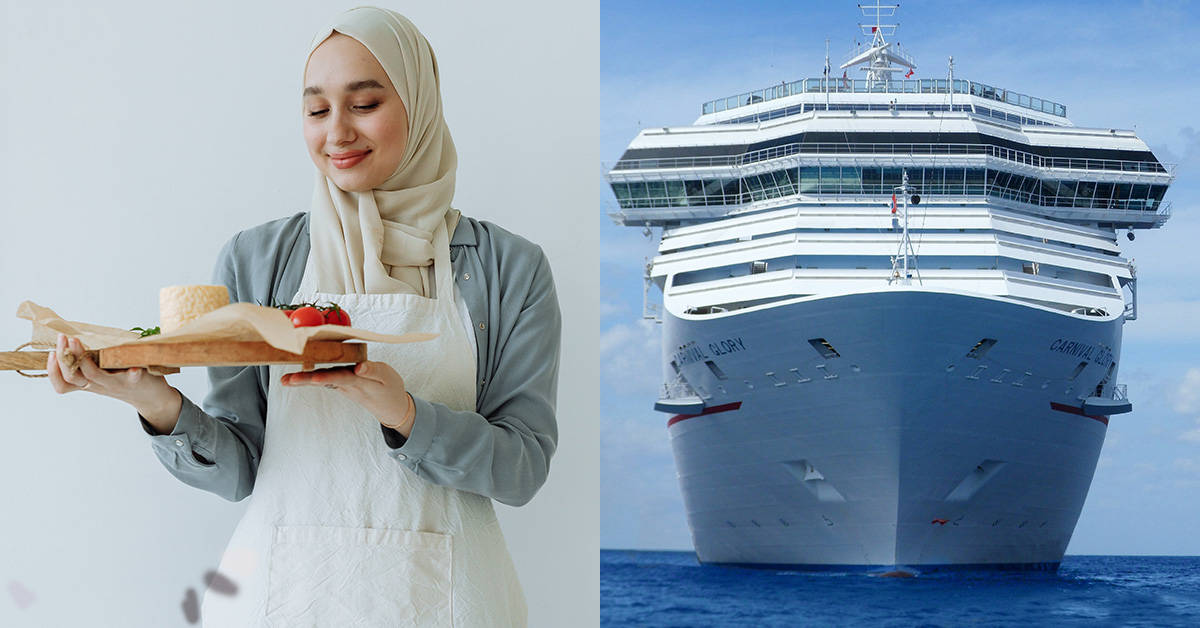Do Muslims Go on Cruises
Yes, Muslims do go on cruises. Like anyone else, they enjoy exploring new destinations and experiences. Many cruise lines now offer halal food and prayer facilities to accommodate their Muslim passengers’ needs. However, it’s always essential for Muslim travelers to ensure that their specific requirements, such as dietary needs and prayer times, will be met … Read more





